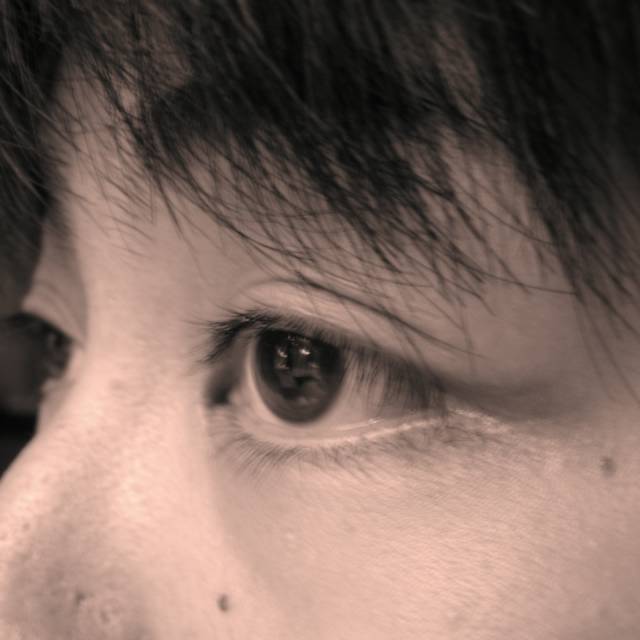not-so-talented sister of William Shakespeare--reading "A Room of One's Own" by Virginia Woolf
The first assignment for the introductory course on Women and Literature was a short excerpt from "A Room of One's Own" by Virginia Woolf, the famous part in which she ponders upon Shakespeare's imaginary sister, who shared her brother's extraordinary talent and passion for theater. In Woolf's imagination, this female Shakespeare flees to London when her father arranges her marriage to try her talent in theater. Of course, without her brother's masculinity, she is rejected at the theater's door with a scoff of the theater director, who warmly welcomed her brother. She strives to cultivate her talent in London, but lack of formal education prevent her from exploiting her whole potential. Oppressive social norm against women's creativity eventually reduces her to a depressed young woman, who finally chooses to end her life.
We were given the excerpt, and were to write a short piece of fiction on a real or imaginary woman in history, which we would share with the class. The purpose of it seemed to be, at least in the instructor's mind, to shed light on the obliterated part of history told by, of, and for, men. The recitation of students' work, however (and our enthusiastic instructor's reaction to them), turned out to be quite intriguing in some different ways from intended. Here is one of them.
Reading Woolf's lament of "extraordinarily talented" sister of William Shakespeare and listening to a half dozen students read their versions of imagined women's lives in history, I couldn't but wonder one thing: what about the rest, the mass? What about the vast majority of women whose parents and husbands were poor, whose intelligence was just about ordinary or less, whose passion lay in "womanly" sewing, whose main pastime was to gossip? Granted, those rare cases of women (or even men, on that matter) whose extraordinary something--may it be passion, creative talent, intelligence, or even athletic ability--were suppressed by the social norm must have been forced to a frustrating, if not maddening, life. Yet, as we all know with itch of sadness (o lost dreams of the youth), we are not that extraordinary. At least not in the way Woolf's female Shakespeare is imagined to be.
This skewed representation is partially inevitable. It is only natural that artistic creations of suppressed female artists mainly focus on their suppressed creativity and consequent frustration. However, the current mode of discourse in the imagination on and representation of forgotten women in history is severely biased toward this specific kind of women--passionate, creative, intelligent, rebellious. Inadvertently this overemphasis creates another force of oppression. Flooded by the images and admiration of women who "courageously" stepped out of the realm of "womanliness," a woman today cannot but feel guilty and even inferior when she takes pleasure in any form of "womanly" act. Furthermore, the insatiable demand for women to be intelligent and creative, and eventually to be renowned in the world in the same way men do, can be disempowering for those who don't find passion in these fields and/or who cannot fulfill such inherently elitist demand.
If the empowerment means being able to lead one's life the way one pleases without any feeling of guilt or inferiority, the now dominant representation and admiration of "unwomanly" women in history should be questioned as throughly as is the traditional representation of "womanly" women in the recent days. What appears to be a "resonating theme," in our instructor's words, in many imaginative writings on women in history might very well be a blind adaptation of the new dominant perspective on women, no more or no less oppressive than the previous ones. It is one thing to shed light on obliterated parts of the history, and it is another to project our biased view on the same parts of the history--it is, in a way, to exploit the historical void to advance our (however well-intended) propaganda.



0 Comments:
Post a Comment
<< Home